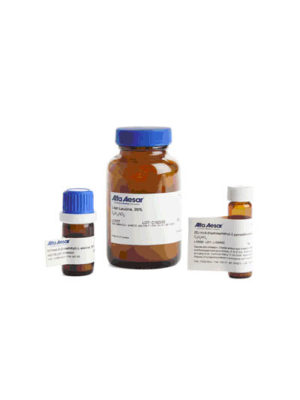Thioureas

Thioureas
“Thioureas” refers to a broad class of organo sulfur compounds of the formula S=C(NH2)2. Thioureas have been widely used in Organic and Medicinal Chemistry as precursors for the synthesis of a huge number of heterocycles. For instance, thioureas are efficient partners for the synthesis of pyrimidine and aminothiazole derivatives. As organocatalysts, thioureas, through double hydrogen-bonding interactions with respective substrates, have efficiently accelerated and stereochemically altered organic transformations. In organic synthesis, thiourea is employed as a reagent to reduce peroxides to the respective diols and in the reductive work-up of ozonide formed during ozonolysis. They serve as a source of sulfide, for instance, in the conversion of alkyl halides to thiols or conversion of soft metal ions to their corresponding sulfides.
Industrially, thioureas are extensively used as accelerators of in the vulcanization process and in the production of flame retardant resins. They also find use in all types of copy paper including light sensitive photocopy paper. A lixiviant formed by selectively oxidizing thiourea is used for leaching gold and silver, circumventing the steps of cyanide use and smelting. In the field of pharmaceuticals, thioureas are used as precursors for the preparation of thiobarbituric acids and sulfathiazoles. They are also used as textile-treating agents and as precursors for certain dyes and drugs.


